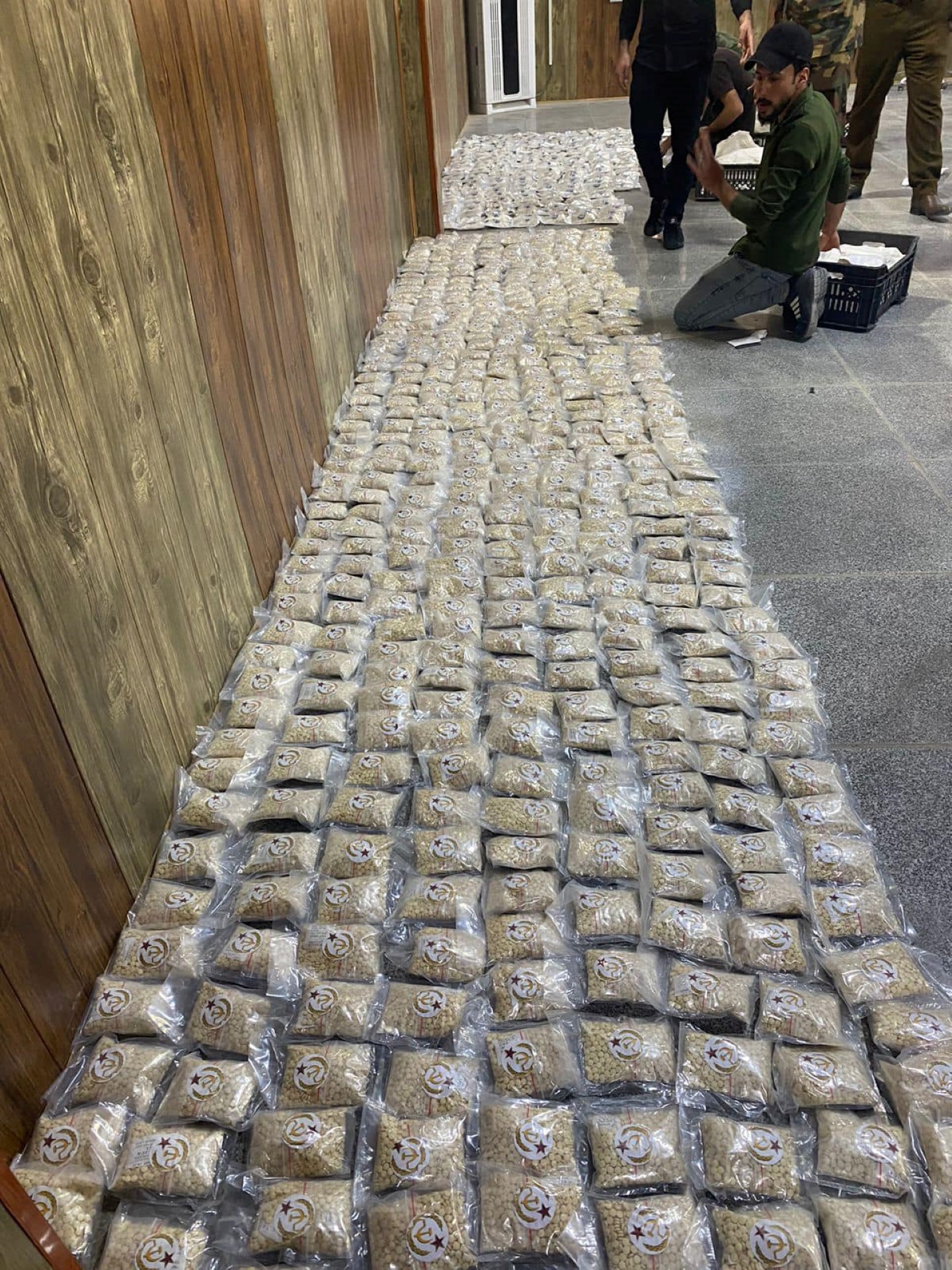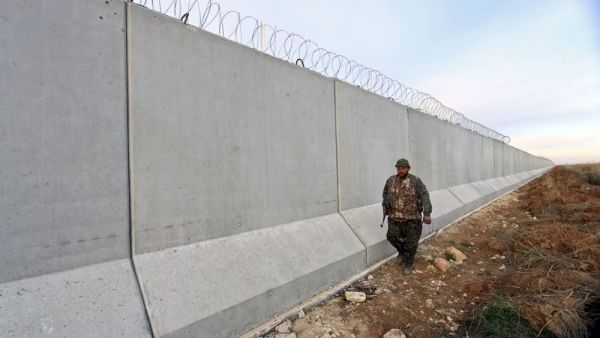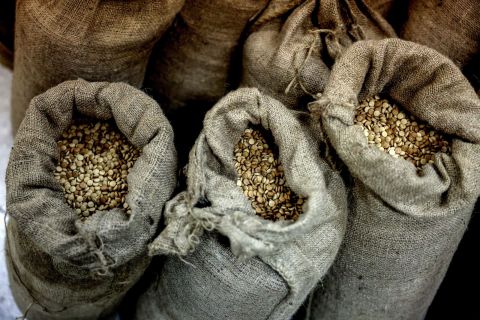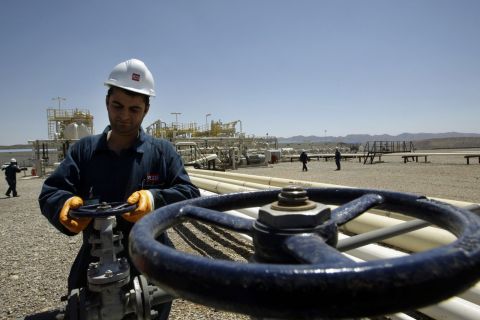ALBAWABA – The government of Iraq will build a wall on the border with Syria to enhance security on the borderline between the two countries, an official statement issued Sunday said.
The Iraqi-Syrian border has seen a rise in drug smuggling activity recently, which is why Iraqi Premier Muhammad al-Sudani announced the allocation of $11.6 million for the construction of the wall.
“The Council of Ministers approved the allocation of 15.14 billion Iraqi dinars by the Ministry of Finance, to the Ministry of the Interior from the emergency reserve allocations, to construct a concrete wall on the Iraqi-Syrian border,” Sudani said.
Iraq will build a wall on the border with Syria, which will connect to a previous one, running 50 kilometers from the Sharji Al-Rawi area south of Tal Safuk, through Wadi al-Ajij towards Tarifawi, according to Sudani.
Both Iraq and Jordan recently agreed to consolidate efforts to combat drug smuggling activity by establishing a jointly coordinated operation back in August.

A handout picture released by the Iraqi border authority on March 11, 2023, shows captagon pills seized by the Iraqis at the al-Qaim border crossing, which is why Iraq will build a wall on the border with Syria. (Photo by Iraq Border Authority / AFP)
Jordan remains a corridor for drug smuggling to the Gulf Cooperation Council (GCC) area, Minister of Interior Mazen al-Farrayeh said, announcing the coordinated effort.
Meanwhile, multiple GCC countries have stepped up their anti-drug smuggling operations, Bloomberg reported, including the Saudis, who share borders with both Iraq and Jordan.
More than one billion captagon pills were seized by Saudi authorities in the last three years, with the bulk of them headed for the local Saudi market.
Concerns have been raised by European officials that coordinated efforts in the Middle East could cause a spike in drug smuggling from Syria to Turkey and the European Union.
Selling for around $3-25 a tablet, the amphetamine-type pill captagon is primarily produced and trafficked by individuals and groups throughout the Levant. Most of them are reportedly linked Syrian, Iraqi and Iranian factions and regimes, according to Bloomberg.









